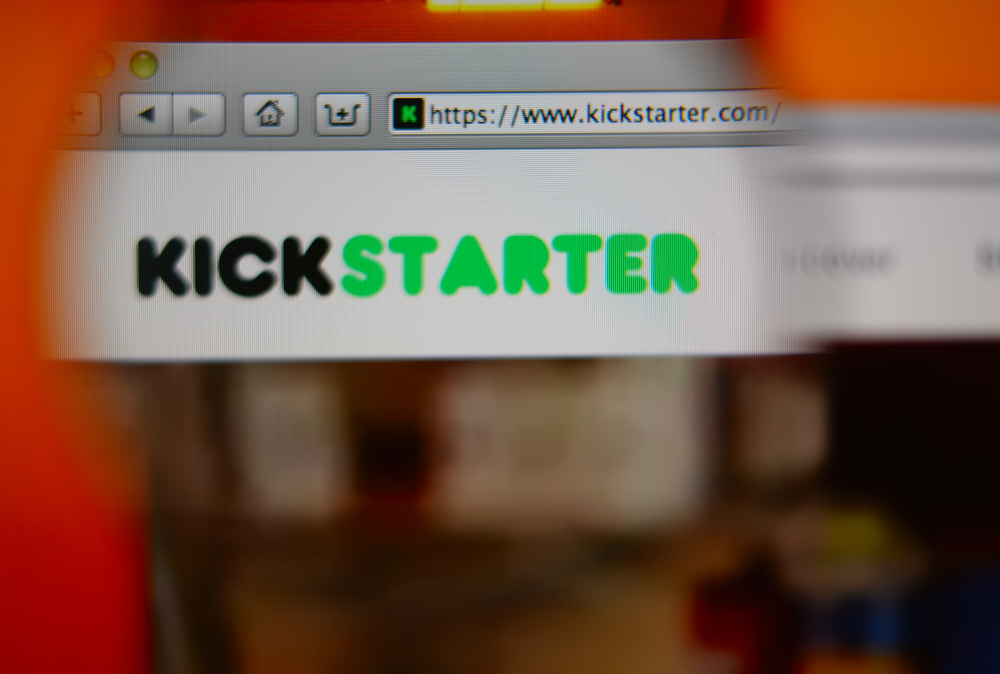Kickstarter made the headlines recently when a man crowd-sourced $55,492 from 6,911 backers to make batches of potato salad.
For a pledge of $1, the creator Zack Danger Brown, promised to say the ‘investor’s’ name out loud while he cooked the potato salad. For $5 they could add an ingredient to the potato salad and receive a bite. For $110, investors would get a recipe book, a shirt and hat and a bite of the potato salad.
It left many, me included, wondering how this project reached funding. To raise a bit of a laugh, fine, but this managed to raise over fifty thousand dollars of finance on what is supposed to be serious business funding platform, no?
Sure, it benefited from a parody video which went viral and subversive users on reddit lapped it up too. Yet spare a thought for those on Kickstarter who could have got their business idea off the ground for a year or two on that money. These people could have grown their business, created jobs and brought wealth to the area they worked in. Instead we have kilo after kilo of potato salad being made for odd investors around the world.
It’s not the only time Kickstarter has been used as a punchline. Daily Show host Jon Stewart announced a couple of weeks ago that he’s launching a $10 billion fundraising campaign to buy CNN in order to keep it from being sold if Murdoch successfully buys Time Warner. In the end this satirical swipe at media giants only had a fake Kickstarter page set up. Yet the owners of the crowd-sourced fundraising website must be concerned that Kickstarter is being used as the butt of a joke about impossibly ambitious fundraising attempts. It makes Kickstarter look like a tool for pipe-dream business plans, not an environment for serious businesspeople.
Since the site was founded in 2009, it has raised over $1.5 billion for tens of thousands of projects. In these terms alone it must be looked at as a runaway success – but that’s a pretty shallow assessment of its value to business. The trouble with Kickstarter is that for all its successes, it can be viewed as a bit of a ‘get rich quick’ scheme.
A cynic wouldn’t accept Zack Danger Brown’s comments that he was only looking to raise $10. Offer Kickstarter users an empathetic, involving a story about why you’re raising money, and you’re as good as financed. The veracity of the people pitching isn’t properly looked at. It’s also arguably in Kickstarter’s best interests to keep these frivolous, inconsequential projects in the limelight. They make people laugh, raise awareness and further increase Kickstarter’s profits all-the-more.
More on Kickstarter in the UK:
- The Kickstarter campaign now taking its cycling product to the masses
- Kickstarter joins British crowdfunding contingent
- Kickstarting a chain of lawsuits
It doesn’t help that there’s a growing list of projects that received funding, but which were later shelved and products were never sent to backers. A game called Bacillus received nearly $4,500 to be developed in 2012. Yet the game’s author/developer never made a final version and the game is no longer in active development.
Also – not all funded ideas work. The makers of POP – a portable charger to recharge multiple smartphones and tablet devices at the same time – refunded all investors when it became apparent that they couldn’t deliver what they’d promised. It’s damaging to Kickstarter’s brand and business model to have examples where fundraisers have reached finance and then scarpered with the cash. It’s dishonest and unprofessional.
Ultimately, Kickstarter is a chancer’s choice to raising funds. It’s fine for individuals hoping to raise enough to do a nice thing for the community, or for a musician who needs some software to make their album – but real business, real ideas, real innovation belongs in a more professional environment.
Offline, the process of raising funds through investors or the bank involves a process of due diligence. This can be incredibly useful to new businesses to identify weaknesses in their plan and pre-empt trouble further along the road. However Kickstarter can make a truly significant contribution to creative businesses and entrepreneurs around the world with more robust and veracious pitch ideas than potato salads and spoof campaigns. Unfortunately, it is at risk of creating a generation of lazy and unscrupulous fundraisers who view this as a get rich quick scheme, and that’s just not good for business.






